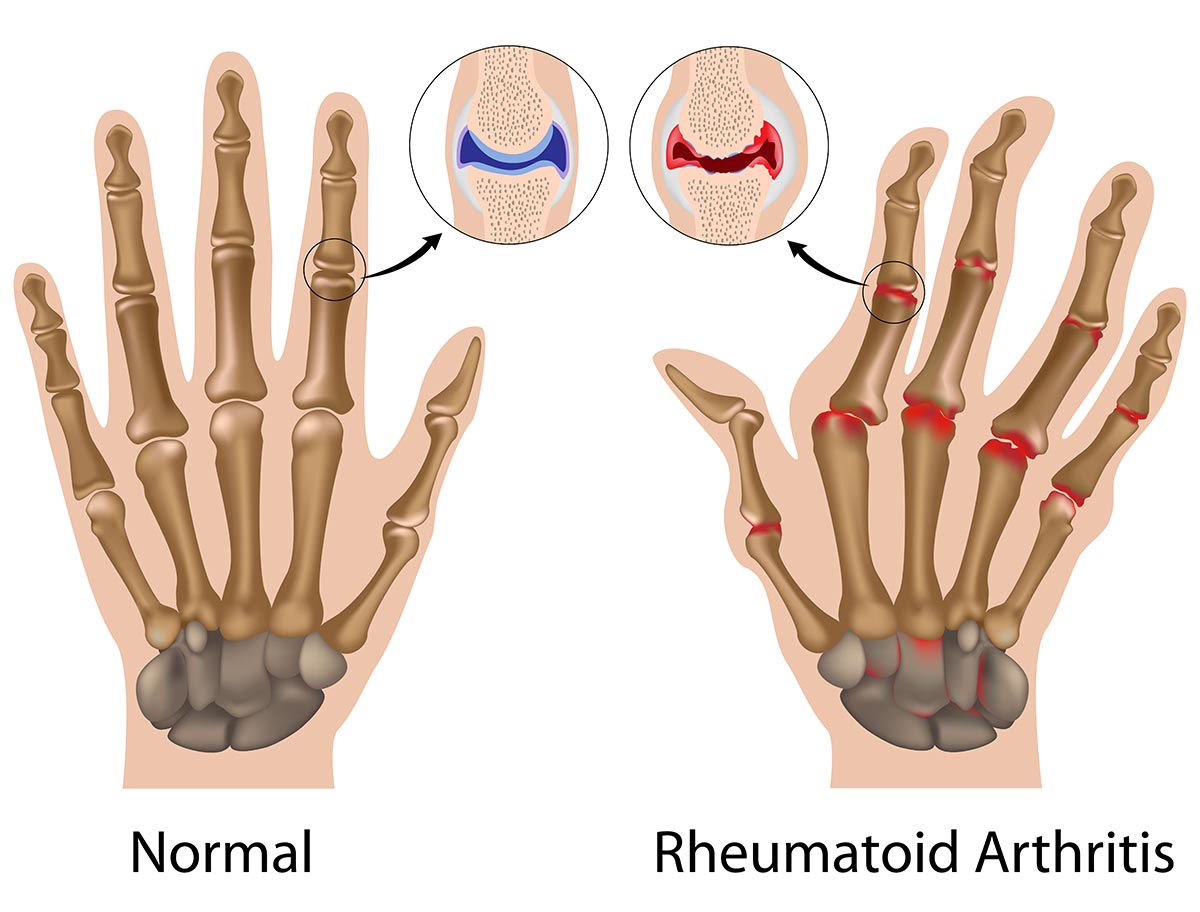Bromelain is a group of enzymes found in the stem and fruit of pineapples. It is a mixture of protein-digesting enzymes, including proteases, which break down proteins into smaller peptides and amino acids. Bromelain has been used in traditional medicine to reduce inflammation, pain, and swelling, and it is commonly taken as a dietary supplement.
Some studies suggest that bromelain may have anti-inflammatory and analgesic properties, and may help reduce swelling and pain associated with conditions such as osteoarthritis, sports injuries, and surgery. It may also have some benefits for digestion and immune function.
Benefits of Bromelain
Bromelain has been associated with several potential health benefits, including:
- Reducing inflammation: Bromelain has been shown to have anti-inflammatory properties, which may help reduce inflammation in the body, including inflammation associated with conditions such as osteoarthritis, sinusitis, and inflammatory bowel disease.
- Relieving pain: Because of its anti-inflammatory properties, bromelain may also help reduce pain associated with conditions such as osteoarthritis and sports injuries.
- Digestive health: Bromelain may improve digestion by helping to break down proteins in the digestive system, which may be beneficial for people with digestive issues such as bloating, gas, and indigestion.
- Immune function: Some research suggests that bromelain may have immune-modulating effects, meaning it may help regulate the immune system and improve immune function.
- Cancer prevention: Some studies suggest that bromelain may have anti-cancer properties and may help prevent the growth and spread of cancer cells.
Nutritional Facts of Bromelain
Bromelain is not a significant source of nutrition, as it is an enzyme rather than a nutrient. However, pineapples, which are the source of bromelain, are a good source of several nutrients, including:
- Vitamin C: Pineapples are high in vitamin C, which is important for immune function, wound healing, and collagen production.
- Manganese: Pineapples are also a good source of manganese, which is important for bone health, metabolism, and wound healing.
- Fiber: Pineapples are a good source of dietary fiber, which is important for digestive health and may also help reduce the risk of heart disease and other chronic conditions.
- Potassium: Pineapples contain potassium, which is important for regulating blood pressure and maintaining heart health.
- Other vitamins and minerals: Pineapples also contain small amounts of other vitamins and minerals, including vitamin B6, folate, and magnesium.
It is worth noting that while bromelain may have potential health benefits, it is not a substitute for a healthy, balanced diet that provides a range of essential nutrients.
Risks of taking Bromelain
Bromelain is generally considered safe for most people when taken in appropriate amounts. However, some people may experience side effects, including:
- Digestive upset: Bromelain may cause digestive symptoms such as nausea, vomiting, diarrhea, and stomach discomfort in some people.
- Allergic reactions: Some people may be allergic to bromelain, and may experience symptoms such as itching, hives, and difficulty breathing.
- Blood thinning: Bromelain may have blood-thinning effects, and may interact with certain medications or increase the risk of bleeding in people with bleeding disorders.




